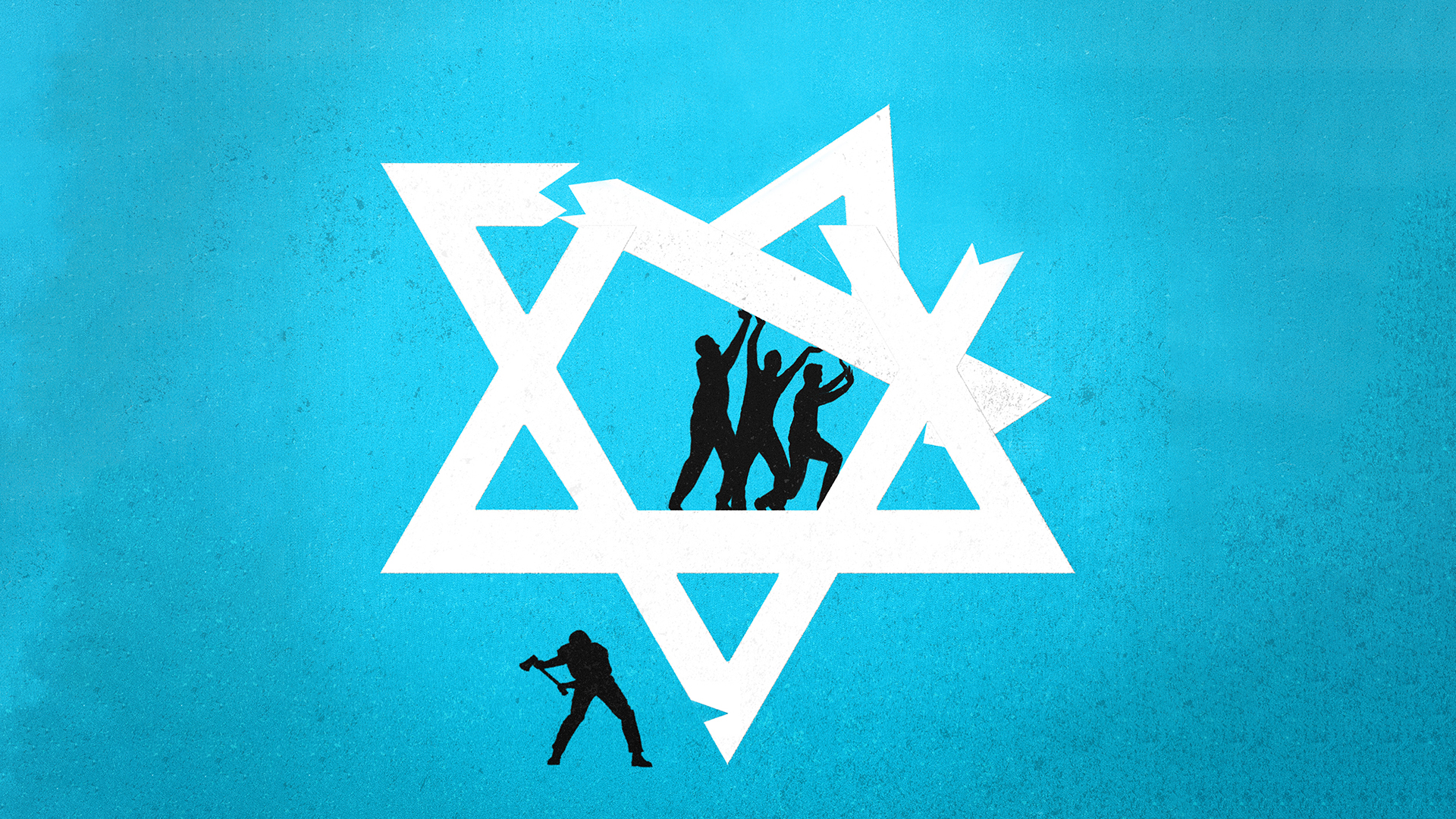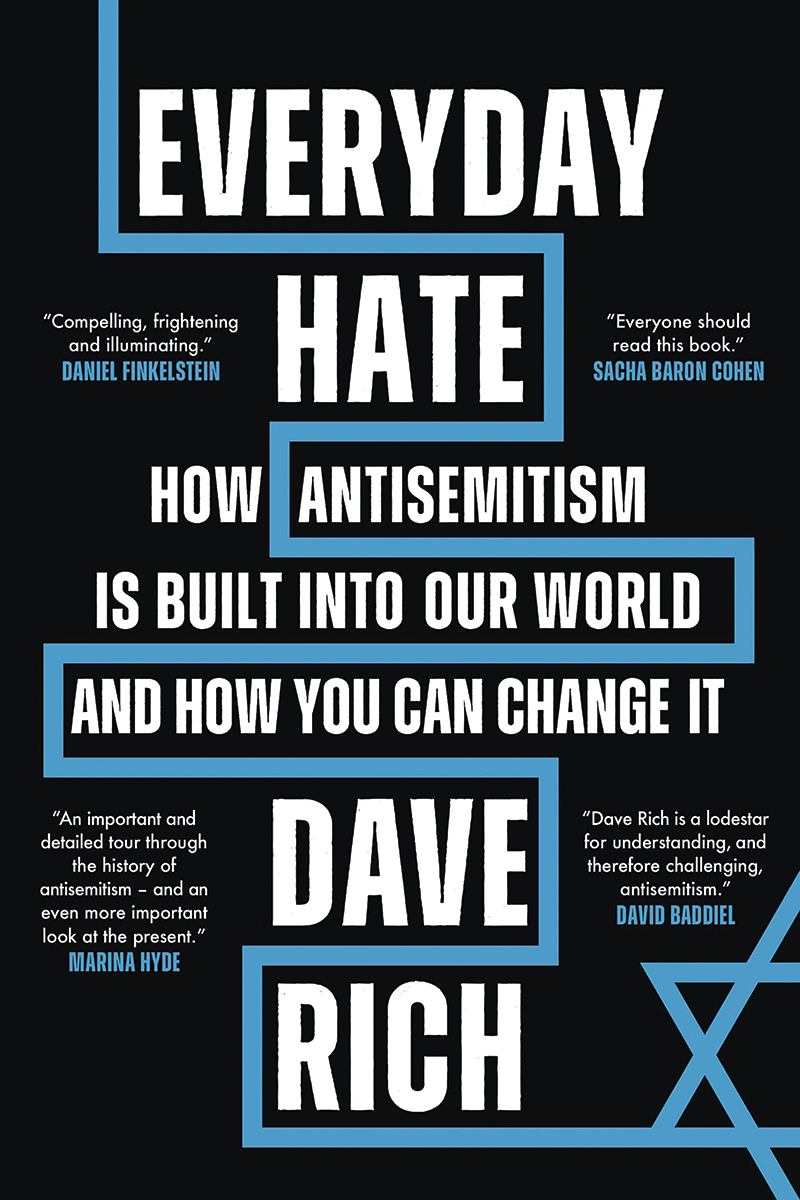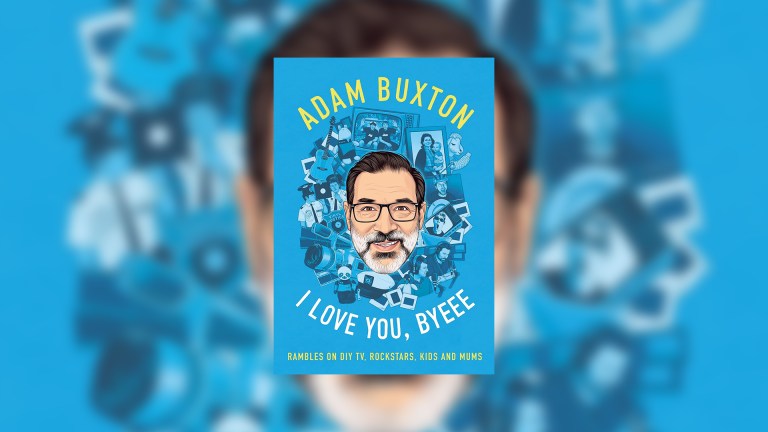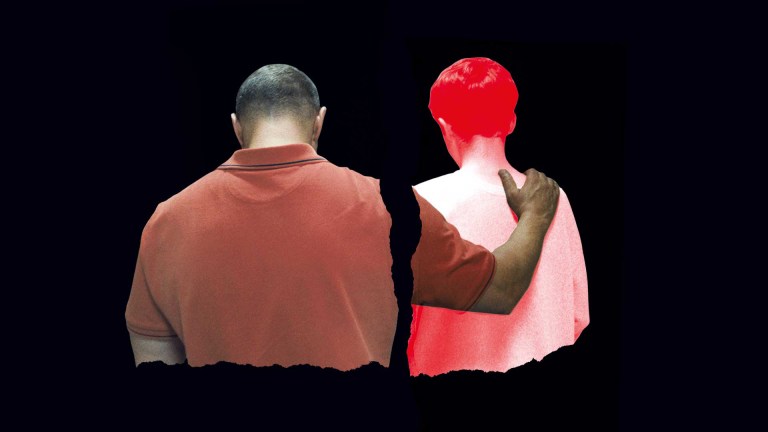In February last year, a new statue was unveiled in Winchester of a woman in medieval dress holding the hand of a small child. The statue has Hebrew writing around its plinth and is situated on Jewry Street, which hints at its purpose: this is Licoricia of Winchester, one of several prominent Jewish moneylenders in medieval England. By the time of her death in 1277, Licoricia was one of the wealthiest and most powerful Jews in the land. Her money helped to pay for the construction of Westminster Abbey, but she lived at a precarious time for English Jews, who were restricted from practising several trades and forced to wear special badges that identified them as Jews in public. There were several massacres of Jews around the country and in 1290, just 13 years after Licoricia was murdered (the identity and motive of her killer was never solved), all of England’s Jews were expelled by royal decree. They would not return for over 350 years.
On the same day in 2022 that the statue of Licoricia was unveiled in Winchester, three Jewish schoolgirls were travelling home from school on the London Underground. Another group of teenagers approached them. “Are you Jewish?” they demanded, before kicking one of the girls. “If you don’t reply we are going to smash your face.”
Your support changes lives. Find out how you can help us help more people by signing up for a subscription
This is antisemitism: the unbroken thread of prejudice, discrimination and hatred towards Jews that spans the 800 years separating Licoricia from those teenagers on the Northern Line. One reason antisemitism keeps happening is simply that it always has done. We may be a modern, liberal, diverse nation, but stereotypes about Jews are embedded deep in our culture and language, found in our best-loved literature, woven into the fabric of our society and present in so many of our unthinking assumptions. As Jewish people will tell you, antisemitism happens every day.
It has certainly happened to me, and to most other Jews I know. Whether it’s snide remarks about rich Jews (I’ve had my fair share of those) or being blamed for whatever Israel has done that week, antisemitism is just something you get used to – but we shouldn’t have to.
I’ve worked in this field for almost 30 years, researching antisemitism and working to stop it, and I’ve learnt never to be surprised by where it pops up next. This is both an ancient prejudice, and very modern. Take Kanye West: late last year the rap artist started to make the strangest claims about “the Jews”, that they are responsible for, among other things, “financial engineering”, planned parenthood, his own career problems and Barack Obama’s grey hair. He isn’t the only one. Amnesty International, the BBC, Donald Trump, Facebook, anti-vaccine protesters, the Royal Court Theatre, Port Vale FC and Ben & Jerry’s ice cream have all stumbled over this particular hazard. It seems that few people really understand what antisemitism is, how to recognise it or what to do about it. In fact, around 40 per cent of people in Britain don’t know what the word ‘antisemitism’ means.











